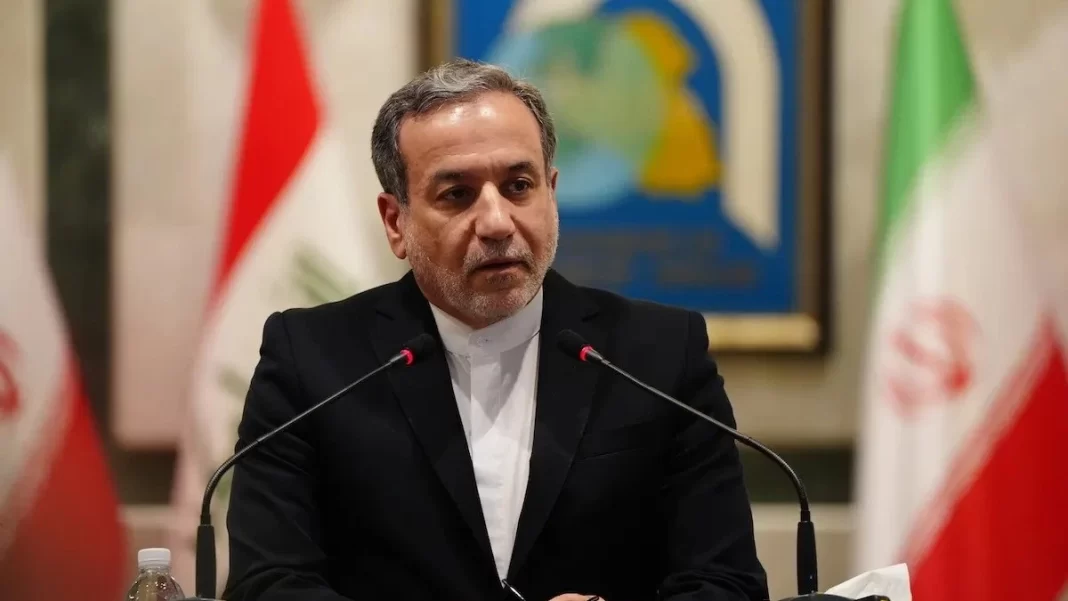The situation in the Middle East remains tense as Iran and Israel exchange threats following recent military actions. Tehran has issued a strong warning, signaling its readiness to respond to any future attacks by Israel. The escalating conflict could have widespread consequences for the region.
Iran’s Response to Israeli Attacks
Tehran has openly warned of a potential “large-scale war” if Israel continues its attacks. This comes after Israel launched a significant missile and drone strike on Iranian military sites in late October. The attack targeted locations in Tehran, Khuzestan, and Ilam provinces, causing the deaths of four Iranian soldiers.
While Tehran reported minimal damage to its facilities, Israeli sources claimed the operation was a success. Reports suggest that the strike severely impacted Iran’s missile sites, making them vulnerable to future attacks.
In response, Iran has vowed retaliation but has yet to act. Instead, it has taken diplomatic steps, consulting with its allies, including China, to address the situation. Tehran insists on finding a solution through dialogue but has also bolstered its military readiness.
Background of the Escalation
The current conflict traces back to early October when Iran launched hundreds of ballistic missiles targeting Israeli military bases. Iran described the attack as retaliation for the assassinations of key figures, including Hamas politburo chief Ismail Haniyeh, Hezbollah secretary-general Hassan Nasrallah, and a senior commander of Iran’s Revolutionary Guard Corps (IRGC).
Israel’s recent strike was seen as a counter-response, further fueling tensions between the two nations. The back-and-forth nature of these actions highlights the fragile and volatile nature of their relationship.
Iran’s Military Preparedness
In the wake of these events, Iran has launched a large-scale military exercise, signaling its readiness for any future confrontations. The drill, called “Great Prophet 19,” is taking place in the western Kermanshah province.
The exercise involves various special units and branches of the IRGC ground forces. It is designed to test new military equipment and demonstrate Iran’s capabilities. Tehran aims to send a clear message to Israel and other adversaries about its preparedness and strength.
Regional Implications
The growing conflict between the two could have far-reaching effects on the Middle East. Both nations play significant roles in regional politics, and their actions influence neighboring countries.
If tensions continue to rise, the risk of a larger conflict involving other nations becomes a real possibility. This could destabilize the region further, affecting global oil markets, trade, and security.
Moreover, the involvement of international players like China adds another layer of complexity. As a key ally of Iran, China’s role in mediating or supporting Tehran could impact the global response to the situation.
Diplomatic Hopes Amid Rising Tensions
Despite the heated rhetoric, there are still hopes for a diplomatic resolution. Iran has emphasized its preference for dialogue and consultation over military confrontation. However, the ongoing military drills and Israel’s aggressive stance suggest that both sides are preparing for the worst.
The international community continues to watch the situation closely, urging restraint from both nations. A peaceful resolution would require significant effort and compromise, but it remains unclear if either side is willing to take that path.
Uncertain Future
The conflict remains a significant threat to regional stability. Both nations have shown their willingness to use force, making the situation unpredictable.
As Iran continues its military drills and Israel maintains its assertive actions, the potential for further escalation looms large. The coming weeks will be crucial in determining whether diplomacy can prevail or if the region faces another devastating conflict.
Global Concerns and Calls for Mediation
The rising tensions between Iran and Israel have sparked concern across the globe. Several nations and international organisations have urged both countries to exercise restraint and engage in constructive dialogue to avoid a broader conflict. The potential for a large-scale war could destabilise not just the Middle East but also ripple across global economic and political systems. With the stakes so high, the focus remains on whether diplomatic channels can effectively de-escalate the situation or if the region will plunge deeper into turmoil.

